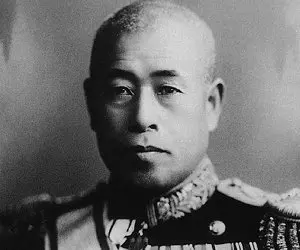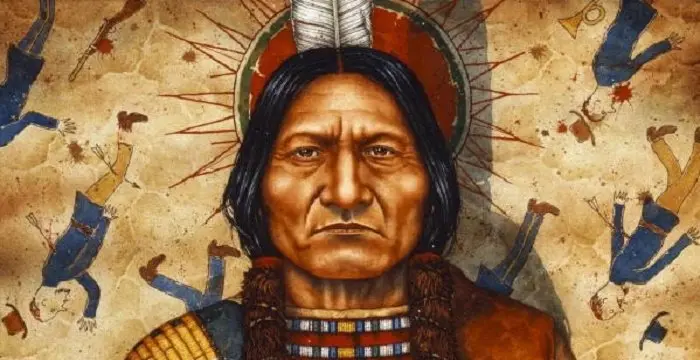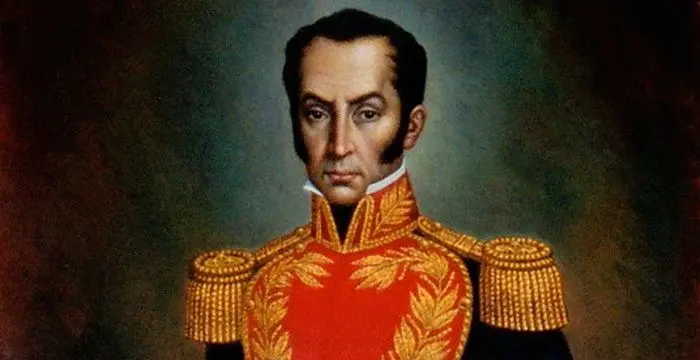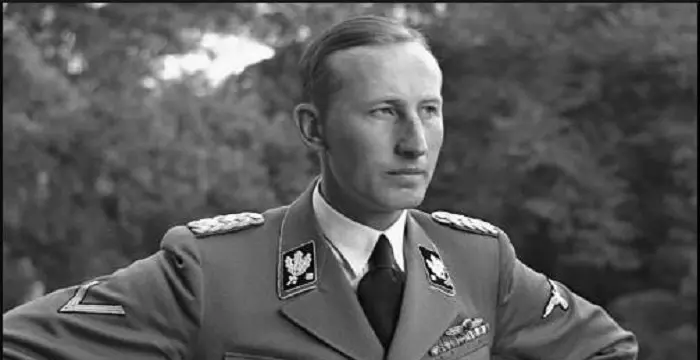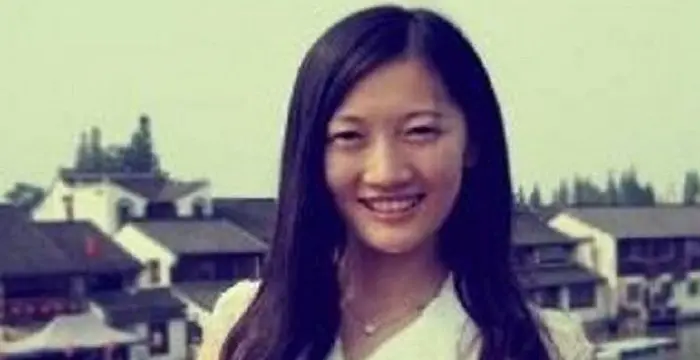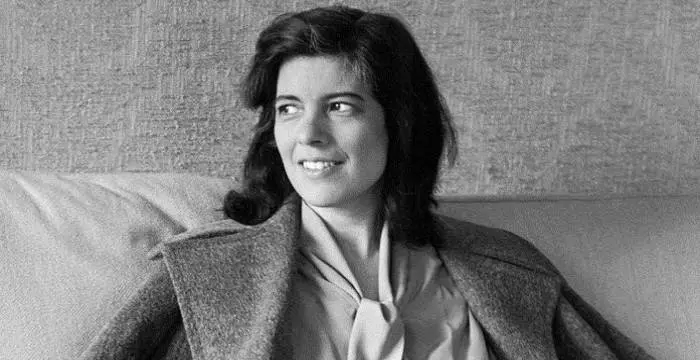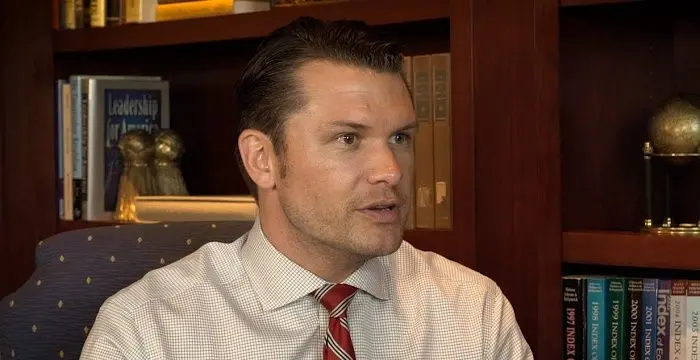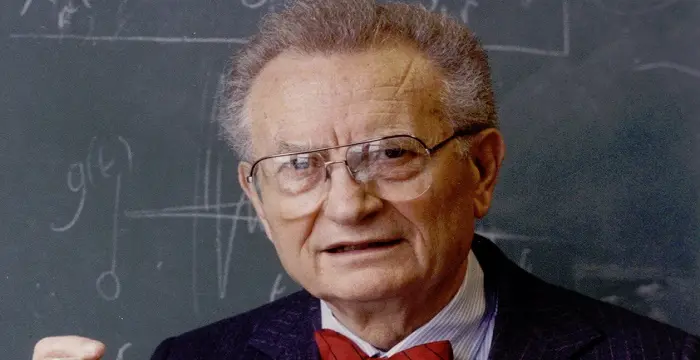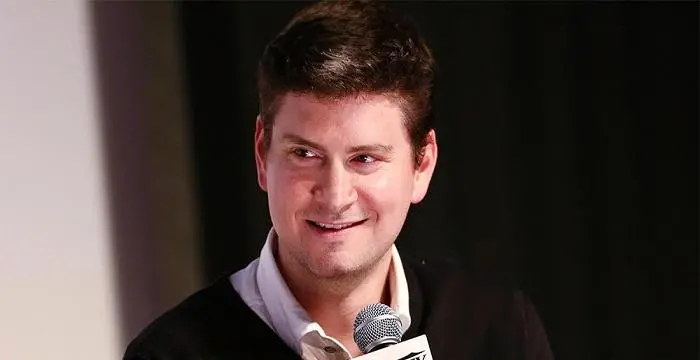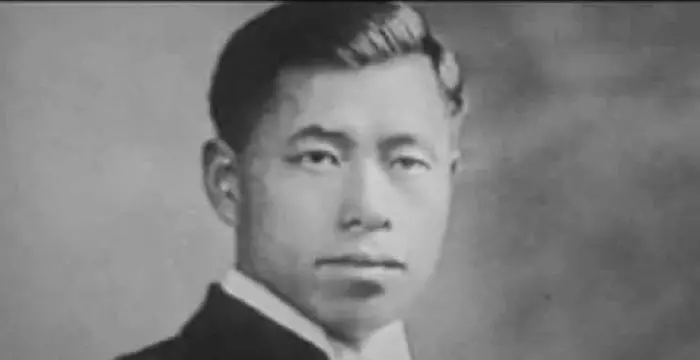
Isoroku Yamamoto - Naval Officer who Conceived the Pearl Harbor Attack in 1941, Family and Family
Isoroku Yamamoto's Personal Details
Isoroku Yamamoto was a Japanese naval commander during World War II
| Information | Detail |
|---|---|
| Birthday | April 4, 1884 |
| Died on | April 18, 1943 |
| Nationality | Japanese |
| Famous | Harvard University, Leaders, Military Leaders, Naval Officer who Conceived the Pearl Harbor Attack in 1941 |
| Spouses | Reiko Mihashi |
| Universities |
|
| Notable Alumnis |
|
| Birth Place | Nagaoka, Niigata, Japan |
| Gender | Male |
| Father | Takano Sadayoshi |
| Sun Sign | Aries |
| Born in | Nagaoka, Niigata, Japan |
| Famous as | Japanese Naval Officer Who Conceived The Pearl Harbor Attack in 1941 |
| Died at Age | 59 |
Isoroku Yamamoto's photo
Who is Isoroku Yamamoto?
Isoroku Yamamoto was an able Japanese Naval Chief who played a vital role in the Pearl Harbor attack that made Japan victorious in the early phase of World War II. He was educated at Harvard and was good at English. His word of opposition against the invasion of Manchuria and his personal apology to the American Ambassador for the attack of Japanese fighter planes on the U.S. boat on the Yangtze River incurred him the wrath of right-wing Japanese who planned to assassinate him. He also strongly disapproved the Tripartite Pact that Japan had made with Nazi Germany and forewarned the Japanese Prime Minister Fumimaro Kondoye of the tremendous power of the United States. He was the mastermind behind the successful Japanese Pearl Harbor attack against the United States fleet. Though he was personally not in favor of war against the Americans, he discharged his duties sincerely as a true patriot who wished to be at the side of his country at its odds and ends. He enjoyed playing games like Shogi, a Japanese chess game, Go, bridge and poker. It is an irony that this pro-American was killed by the Americans to avenge the harm done to them at the Pearl Harbor.
// Famous Military Leaders
Sitting Bull
Sitting Bull was a Teton Dakota Indian chief who led Sioux tribes in their struggle for survival on the North American Great Plains.
Simon Bolivar
Simón Bolívar was a Venezuelan military leader who was instrumental in independence of several Latin American countries from the Spanish rule. This biography profiles his childhood, life, achievements and timeline.
Reinhard Heydrich
Reinhard Heydrich was a high-ranking German Nazi official during the World War II. Check out this biography to know about his childhood, family life, achievements and other facts about his life.
Childhood & Early Life
He was born on April 4, 1884 in Nagaoka, Niigata, as the sixth of the seven children of Sadayoshi Takano and his second wife Mineko. Isoroku means 56 denoting the age of his father when he was born.
His father was a school teacher who belonged to a samurai family. He was adopted by a wealthy land owner from the Yamamoto family who had no son. Isoroku Takano thus became Isoroku Yamamoto.
Having been adopted into a wealthy family, he had had his education at the best Japanese schools. He graduated from Etajima, a Japanese Naval Academy in the year 1904.
Career
In 1905, he started his career as an ensign on Nisshin, a cruiser at the Battle of Tsushima. During the fight against the Russian Baltic Fleet, he lost two of his fingers.
After the Battle of Tsushima, he was in charge of training cruises in Korea and China. He even travelled to United States and to important ports in Australia.
In 1913, he joined the Naval Staff College at Tsukiji on the order of his superiors. Graduating from there after three years, he was appointed as the Lieutenant Commander.
In 1919, he joined Harvard University and studied economics. He also focused on studying oil industry and military aviation.
After graduating from Harvard University in 1921, he returned home and was promoted to the rank of a commander. He was also appointed as an instructor for the Naval Staff College in Tokyo.
In 1923, he became the Captain of the cruiser Fuji. The next year he was sent to Kasumigaura to undertake flying lessons. Three months after the training, he became the Director of Studies.
In 1926, he was appointed as a naval attaché to the Japanese embassy in Washington. He served there for two years and this changed his interest from gunnery to naval aviation.
He returned home in 1928 and was given the commanding charge of the carrier Akagi. Two years later, he rose to the position of Rear Admiral and became instrumental in building many battleships.
In 1934, he was sent as a delegate to participate in the Third London Naval Conference. Two years later, he was promoted as the Vice Minister of the Navy.
When the U.S. gunboat at Panay across China's Yangtze River was bombed by the Japanese planes in 1937, he expressed his personal apology to the U.S. Ambassador. This incurred the wrath of fellow Japanese.
In 1939, he was appointed as the commander-in-chief of the combined fleet. This kept him away from the assassination attempt made by the right-wing Japanese.
At the outbreak of World War II, he expressed his opposition against the Tripartite Pact with Germany and Italy. He warned the Japanese Premier Konoe not to indulge in a war against the Americans.
However in 1941, he obeyed the government’s decision and prepared for the war with the United States. He planned for a surprise attack on the U.S. Pacific Fleet at Pearl Harbor and succeeded in it.
This infuriated the Americans who decided to avenge him for their loss at Pearl Harbor. Operation Vengeance was planned by the Americans in 1943 to assassinate Yamamoto.
The U.S. pilot Thomas G. Lamphier from his fighter plane identified the aircraft carrying Yamamoto at Bougainville. He attacked the aircraft crashing Yamamoto’s plane and killing him.
Major Battles
He performed a valiant fight in the Russo-Japanese War held in 1905. He lost his index and middle fingers after getting hit by the Russian battle line; however, Japan became victorious in the War.
In December 7, 1941, he executed a surprise air attack on the U.S. naval base at Pearl Harbor, Hawaii. This resulted in the destruction of 3,400 American naval staff and 180 aircrafts.
Awards & Achievements
He was awarded First Class in the Order of the Chrysanthemum, the highest rank ever to be achieved by a Fleet Admiral. However, he got this award only posthumously.
In recognition of his service in the World War II, the Nazi Germany awarded him with the Knight’s Cross made out of oak leaves. He was the only foreigner to receive this award.
Personal Life & Legacy
In 1918, he married Reiko Mihasi, the daughter of a dairy farmer. The couple had four children – two sons and two daughters.
He had many mistresses and he was particularly fond of a geisha by name, Kawai Chiyoko. He was good at calligraphy and he decorated the houses of geishas with his scripts.
He has been portrayed in movies like “I Bombed Pearl Harbor,” “Admiral Yamamoto,” and “Midway.” The award-winning actor Toshiro Mifune played the role of Isoroku in these films.
Trivia
This Japanese war hero who masterminded the Pearl Harbor attack on the Americans was skilful in playing poker and bridge. To meet out his lavish lifestyle, he earned extra income out of this.
This Japanese Naval Chief lost two of his fingers in the Battle of Tsushima. He was nicknamed "80 sen" by geisha girls since they used to charge 100 sen for manicure.
// Famous Leaders
Edi Rama
Edi Rama is the current Prime Minister of Albania. Check out this biography to know about his childhood, life, achievements, works & timeline.
Tecumseh
Tecumseh was a Native American leader of the Shawnee clan. This biography profiles his childhood, life and timeline.
Khalifa bin Zayed Al Nahyan
Sheikh Khalifa bin Zayed Al Nahyan is the current President of the United Arab Emirates (UAE). Check out this biography to know about his birthday, childhood, family life, achievements and fun facts about him.
Isoroku Yamamoto biography timelines
- // 4th Apr 1884He was born on April 4, 1884 in Nagaoka, Niigata, as the sixth of the seven children of Sadayoshi Takano and his second wife Mineko. Isoroku means 56 denoting the age of his father when he was born.
- // 1904Having been adopted into a wealthy family, he had had his education at the best Japanese schools. He graduated from Etajima, a Japanese Naval Academy in the year 1904.
- // 1905In 1905, he started his career as an ensign on Nisshin, a cruiser at the Battle of Tsushima. During the fight against the Russian Baltic Fleet, he lost two of his fingers.
- // 1905He performed a valiant fight in the Russo-Japanese War held in 1905. He lost his index and middle fingers after getting hit by the Russian battle line; however, Japan became victorious in the War.
- // 1913In 1913, he joined the Naval Staff College at Tsukiji on the order of his superiors. Graduating from there after three years, he was appointed as the Lieutenant Commander.
- // 1918In 1918, he married Reiko Mihasi, the daughter of a dairy farmer. The couple had four children – two sons and two daughters.
- // 1919In 1919, he joined Harvard University and studied economics. He also focused on studying oil industry and military aviation.
- // 1921After graduating from Harvard University in 1921, he returned home and was promoted to the rank of a commander. He was also appointed as an instructor for the Naval Staff College in Tokyo.
- // 1923In 1923, he became the Captain of the cruiser Fuji. The next year he was sent to Kasumigaura to undertake flying lessons. Three months after the training, he became the Director of Studies.
- // 1926In 1926, he was appointed as a naval attaché to the Japanese embassy in Washington. He served there for two years and this changed his interest from gunnery to naval aviation.
- // 1928He returned home in 1928 and was given the commanding charge of the carrier Akagi. Two years later, he rose to the position of Rear Admiral and became instrumental in building many battleships.
- // 1934In 1934, he was sent as a delegate to participate in the Third London Naval Conference. Two years later, he was promoted as the Vice Minister of the Navy.
- // 1937When the U.S. gunboat at Panay across China's Yangtze River was bombed by the Japanese planes in 1937, he expressed his personal apology to the U.S. Ambassador. This incurred the wrath of fellow Japanese.
- // 1939In 1939, he was appointed as the commander-in-chief of the combined fleet. This kept him away from the assassination attempt made by the right-wing Japanese.
- // 1941However in 1941, he obeyed the government’s decision and prepared for the war with the United States. He planned for a surprise attack on the U.S. Pacific Fleet at Pearl Harbor and succeeded in it.
- // 7th Dec 1941In December 7, 1941, he executed a surprise air attack on the U.S. naval base at Pearl Harbor, Hawaii. This resulted in the destruction of 3,400 American naval staff and 180 aircrafts.
- // 1943This infuriated the Americans who decided to avenge him for their loss at Pearl Harbor. Operation Vengeance was planned by the Americans in 1943 to assassinate Yamamoto.
// Famous Harvard University
Bertil Gotthard Ohlin
Bertil Gotthard Ohlin was a famous Swedish economist. This biography profiles his childhood, family life & achievements.
Xi Mingze
Xi Mingze is the daughter of Chinese Leader Xi Jinping, Check out this biography to know about her birthday, childhood, family life, achievements and fun facts about her.
Susan Sontag
Susan Sontag is an American critical essayist, cultural analyst, novelist, political activist, filmmaker and playwright of international repute. Read on to find out more about her childhood, career, profile and timeline.
Pete Hegseth
Pete Hegseth is a FOX News Channel contributor from America. Check out this biography to know about his childhood, family life, achievements and fun facts about him.
Paul Samuelson
Nobel laureate Paul Anthony Samuelson is referred to as the ‘Father of Modern Economics’. This biography profiles his childhood, life, career, achievements and interesting facts about him.
Michael Schur
Michael Schur is an American television actor, producer, and writer. Check out this biography to know about his birthday, childhood, family life, achievements and fun facts about him.
Isoroku Yamamoto's FAQ
What is Isoroku Yamamoto birthday?
Isoroku Yamamoto was born at 1884-04-04
When was Isoroku Yamamoto died?
Isoroku Yamamoto was died at 1943-04-18
Where was Isoroku Yamamoto died?
Isoroku Yamamoto was died in Buin, Papua New Guinea
Which age was Isoroku Yamamoto died?
Isoroku Yamamoto was died at age 59
Where is Isoroku Yamamoto's birth place?
Isoroku Yamamoto was born in Nagaoka, Niigata, Japan
What is Isoroku Yamamoto nationalities?
Isoroku Yamamoto's nationalities is Japanese
Who is Isoroku Yamamoto spouses?
Isoroku Yamamoto's spouses is Reiko Mihashi
What was Isoroku Yamamoto universities?
Isoroku Yamamoto studied at Harvard University, Imperial Japanese Naval Academy, Harvard University
What was Isoroku Yamamoto notable alumnis?
Isoroku Yamamoto's notable alumnis is Harvard University
Who is Isoroku Yamamoto's father?
Isoroku Yamamoto's father is Takano Sadayoshi
What is Isoroku Yamamoto's sun sign?
Isoroku Yamamoto is Aries
How famous is Isoroku Yamamoto?
Isoroku Yamamoto is famouse as Japanese Naval Officer Who Conceived The Pearl Harbor Attack in 1941
